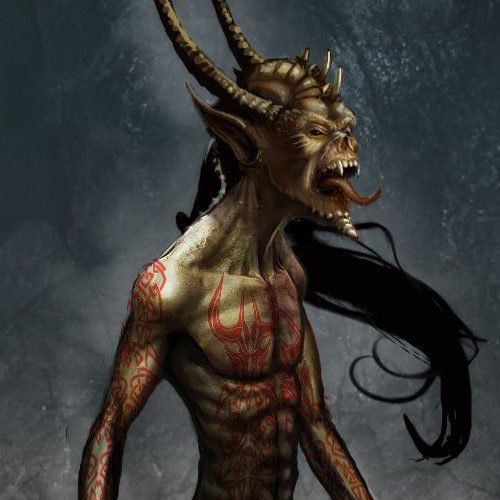In the ancient lands of Mesopotamia, where the Tigris and Euphrates rivers flowed, the Sumerian civilization flourished. Within the intricate tapestry of Sumerian mythology, spirits held a prominent place, weaving themselves into the fabric of daily life and shaping the beliefs of the people. From the bustling cities of Uruk and Ur to the fertile plains of Sumer, these ethereal beings were revered as guardians, messengers, and intermediaries between gods and mortals.
At the heart of Sumerian spirituality were the Anunnaki, a group of deities who were believed to have created the world and everything in it. Among them were powerful spirits like Enlil, the god of wind and storms, and Inanna, the goddess of love and war. These divine beings governed the forces of nature and were invoked in prayers and rituals to ensure fertility, prosperity, and protection.
One of the most revered figures in Sumerian mythology is the god Enki, also known as Ea. As the god of wisdom, magic, and freshwater, Enki played a crucial role in the creation and sustenance of life. He was believed to have given humanity the gifts of civilization, including writing, agriculture, and the arts. Enki was also seen as a benevolent protector, guiding mortals through the trials and tribulations of existence.
Another prominent spirit in Sumerian mythology is the goddess Nammu, the primordial mother of the universe. Often depicted as a vast ocean or abyss, Nammu represented the chaotic waters from which all life emerged. She was venerated as the source of creation and the embodiment of feminine power and fertility.
In addition to these major deities, Sumerian mythology is replete with a diverse array of lesser spirits, including demons, monsters, and ancestral ghosts. These beings inhabited the liminal spaces between the earthly realm and the underworld, often serving as guardians or harbingers of fate. Among them were creatures like the utukku, malevolent spirits who plagued the living with disease and misfortune, and the lamassu, benevolent spirits who protected homes and cities from harm.
The mythology of ancient Sumeria was not merely a collection of fantastical stories but a reflection of the people’s worldview and values. Spirits were seen as intermediaries between gods and mortals, guiding humanity through the trials and tribulations of life. Rituals and ceremonies were performed to honor and appease these beings, ensuring their favor and protection.
Despite the passage of millennia, the legacy of Sumerian mythology continues to resonate in modern culture. From literature and art to religion and philosophy, the influence of these ancient spirits can be seen in countless aspects of human civilization.
Sumerian spirits occupy a central place in the mythology and spirituality of ancient Mesopotamia. From the mighty gods and goddesses to the myriad lesser beings, these ethereal entities shaped the beliefs and practices of the Sumerian people. Through rituals, prayers, and storytelling, the spirits of Sumeria continue to fascinate and inspire us today, reminding us of the enduring power of myth and imagination.
Try out our intense and sometimes mind numbing quizzes on mythology.
If you score 100% on any of our quizzes, you stand a chance to win an EXCLUSIVE gift from Mythlok!!

